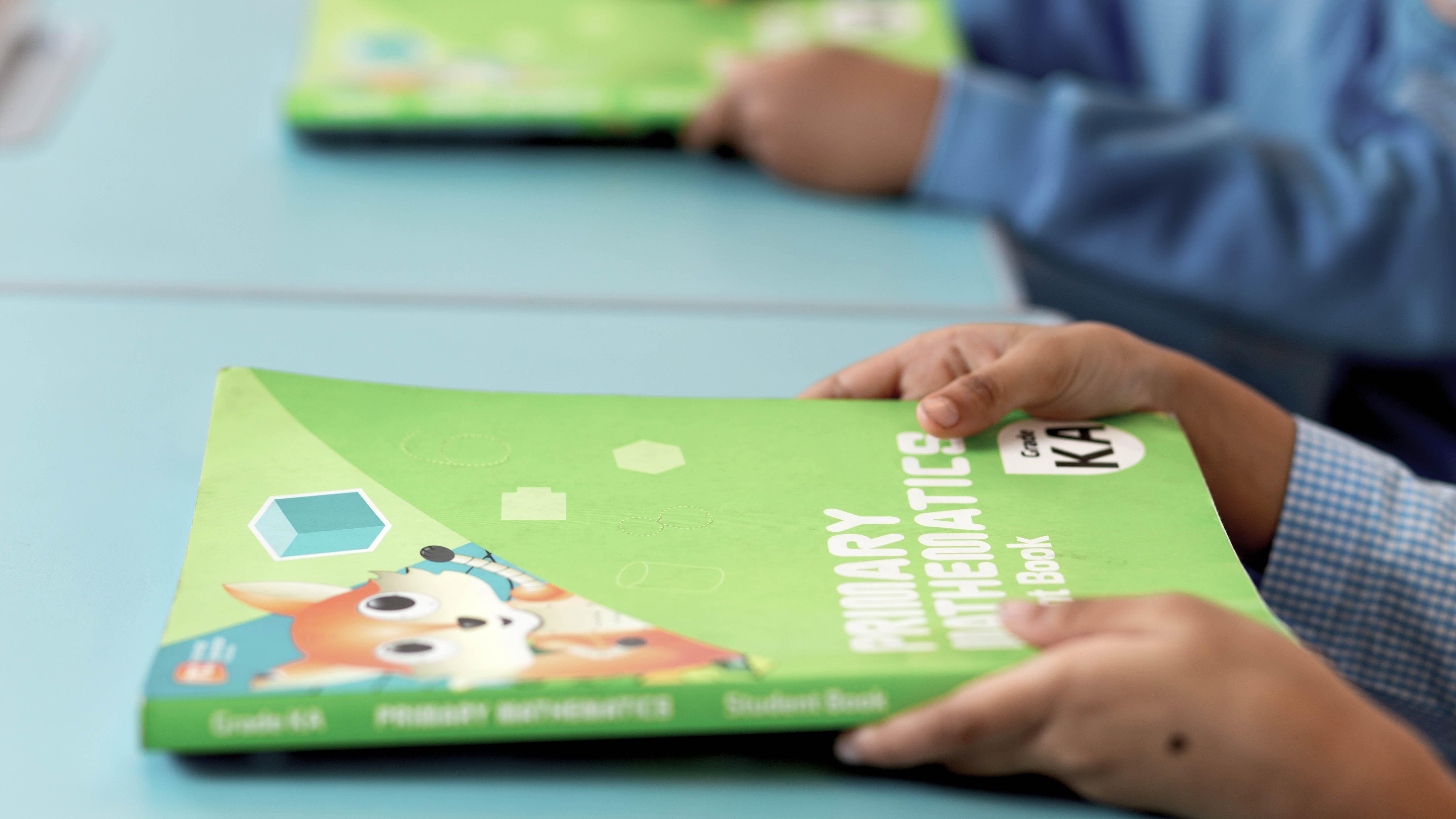Physical and Digital Library Network
Background
Access to educational resources remains deeply unequal in Bangladesh, especially in rural and remote areas. Many students and teachers lack not just textbooks, but broader learning materials like fiction, non-fiction, scientific references, and cultural resources. Quiet, safe spaces to study are rare outside of urban centers, which severely restricts educational outcomes, self-learning habits, and creativity among rural children and youth. Without intervention, this rural-urban divide will continue to widen, limiting the nation’s overall human capital development.
Rationale
Creating hybrid libraries — combining physical spaces with digital access — is a powerful way to ensure that every child, regardless of geography, has access to the world of knowledge. Such libraries can foster a love of reading, support formal education, encourage curiosity, and provide lifelong learning opportunities. Furthermore, by embedding digital literacy into these libraries, rural students can build essential 21st-century skills, making them more adaptable and competitive in a globalized world.
Implementation Strategy
A. Physical Libraries
- Mini Libraries in Schools and Community Centers
- Action: Establish small, vibrant libraries in rural schools, madrassas, and community halls.
- Collection: Age-appropriate fiction, non-fiction, STEM activity kits, illustrated books, textbooks, and cultural history materials.
- Design: Create inviting, child-friendly reading spaces with colorful furniture, posters, and reading nooks to make libraries appealing to young readers.
- Mobile Libraries
- Action: Operate mobile library vans (and boats in flood-prone areas) that travel to villages on a scheduled basis.
- Features: Stock with books, comics, and learning kits; include a quiet reading corner within the mobile units.
- Integration: Combine with Mobile Learning Units, offering additional services like storytelling sessions and homework help.
- Local Book Drives
- Action: Organize community-led book donation campaigns.
- Partnerships: Collaborate with publishing houses, authors, and educational NGOs to source high-quality new and used books.
B. Digital Libraries
- National Digital Library Portal
- Action: Develop an easy-to-use digital platform offering free access to e-books, audiobooks, academic journals, instructional videos, and interactive content.
- Languages: Ensure full functionality in Bangla and English to maximize accessibility.
- Target Devices: Optimize the platform for mobile devices, recognizing that smartphones are more common than computers in rural areas.
- Offline Access Kits
- Action: Create digital content packages stored on tablets, microSD cards, or USB drives for areas without stable internet.
- Content: Preloaded with a curated selection of e-books, videos, learning apps, and audio stories that update periodically via traveling hubs or mobile libraries.
- Library App for Students
- Action: Launch a student-friendly app that enables rural users to borrow e-books, stream educational videos, and participate in virtual reading challenges.
- Features: Simple interface, offline reading mode, recommendation algorithms based on age and interest.
C. Capacity Building
- Librarian Training
- Action: Train local volunteers, schoolteachers, and youth leaders to manage libraries.
- Focus Areas: Cataloging books, assisting students, basic maintenance of digital devices, running reading circles, and using the digital library portal.
- Digital Literacy Campaigns
- Action: Pair library programs with training sessions on using tablets, accessing e-resources, evaluating online information critically, and protecting online privacy.
- Goal: Foster a generation of responsible digital citizens who can harness technology for education and growth.
D. Cultural Relevance
- Localized Content: Ensure that the library collections are rich with Bangladeshi children's literature, folk tales, poetry, and biographies of national heroes.
- Global Exposure: Include translated international bestsellers to expose students to global ideas while preserving their cultural identity.
- Interactive Programs: Host storytelling sessions, poetry reading competitions, and cultural exchange days to deepen engagement with local traditions.
Expected Outcomes
- Increased Reading Habits: More rural students will develop daily reading habits, improving literacy rates and language skills.
- Reduced Educational Inequality: Access to quality learning resources will help narrow the achievement gap between rural and urban students.
- Digital Empowerment: Students will gain familiarity with digital tools, laying a strong foundation for future educational and employment opportunities.
- Community Engagement: Libraries will become vibrant hubs where not just students, but adults and seniors, engage in continuous learning and cultural activities.
- Sustainable Knowledge Ecosystem: With community ownership and local leadership, the library network will sustain itself, evolving to meet changing educational needs.


